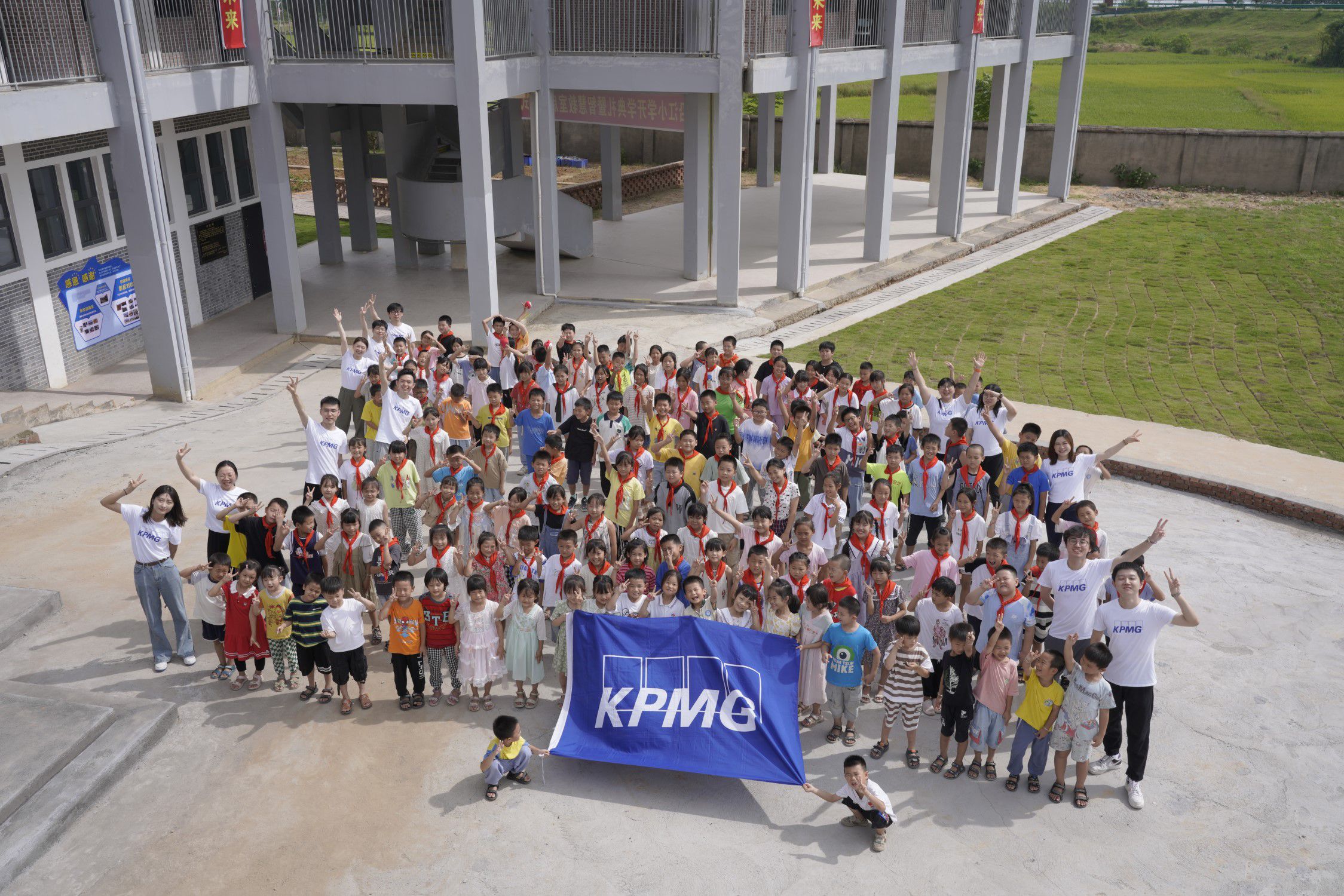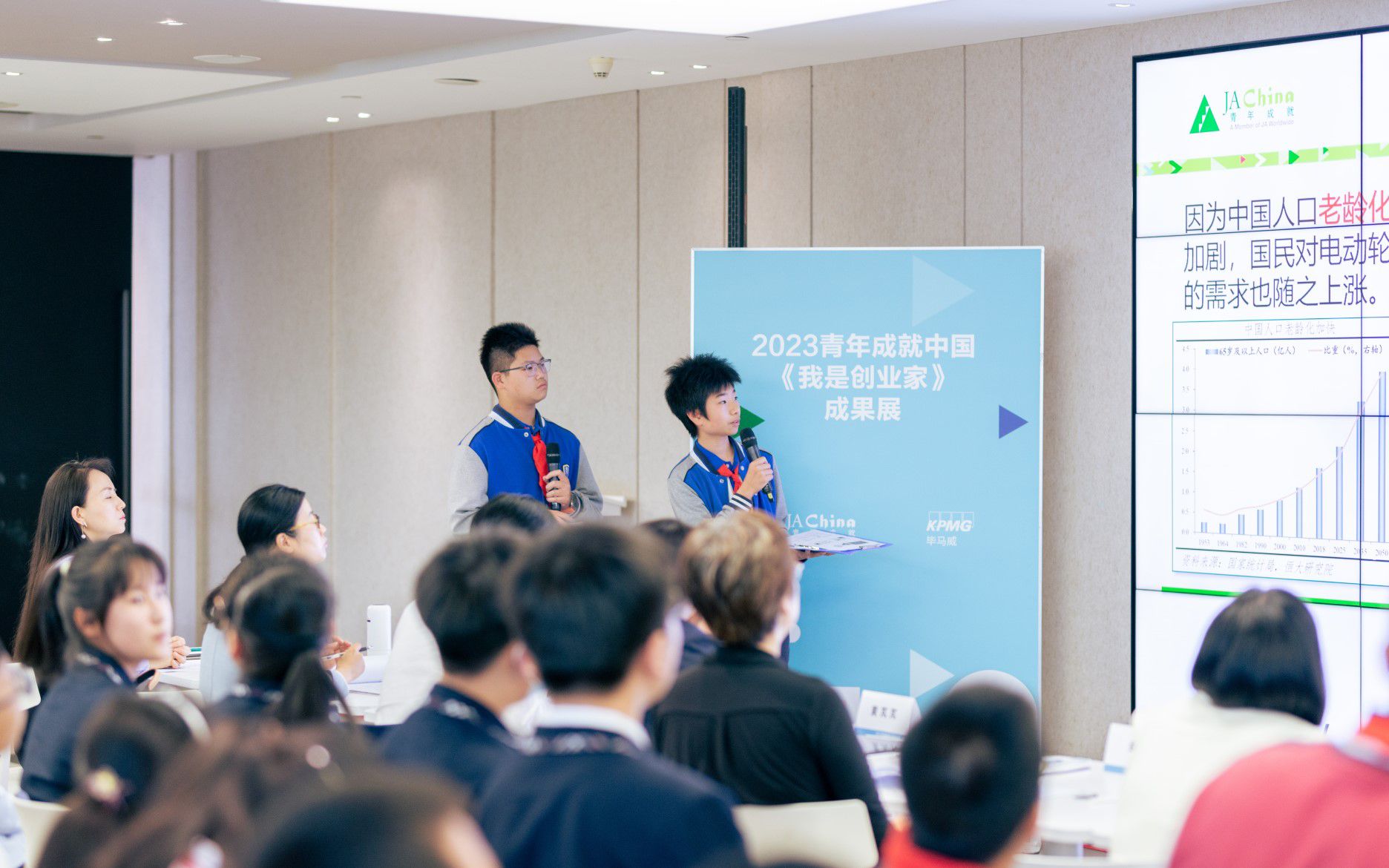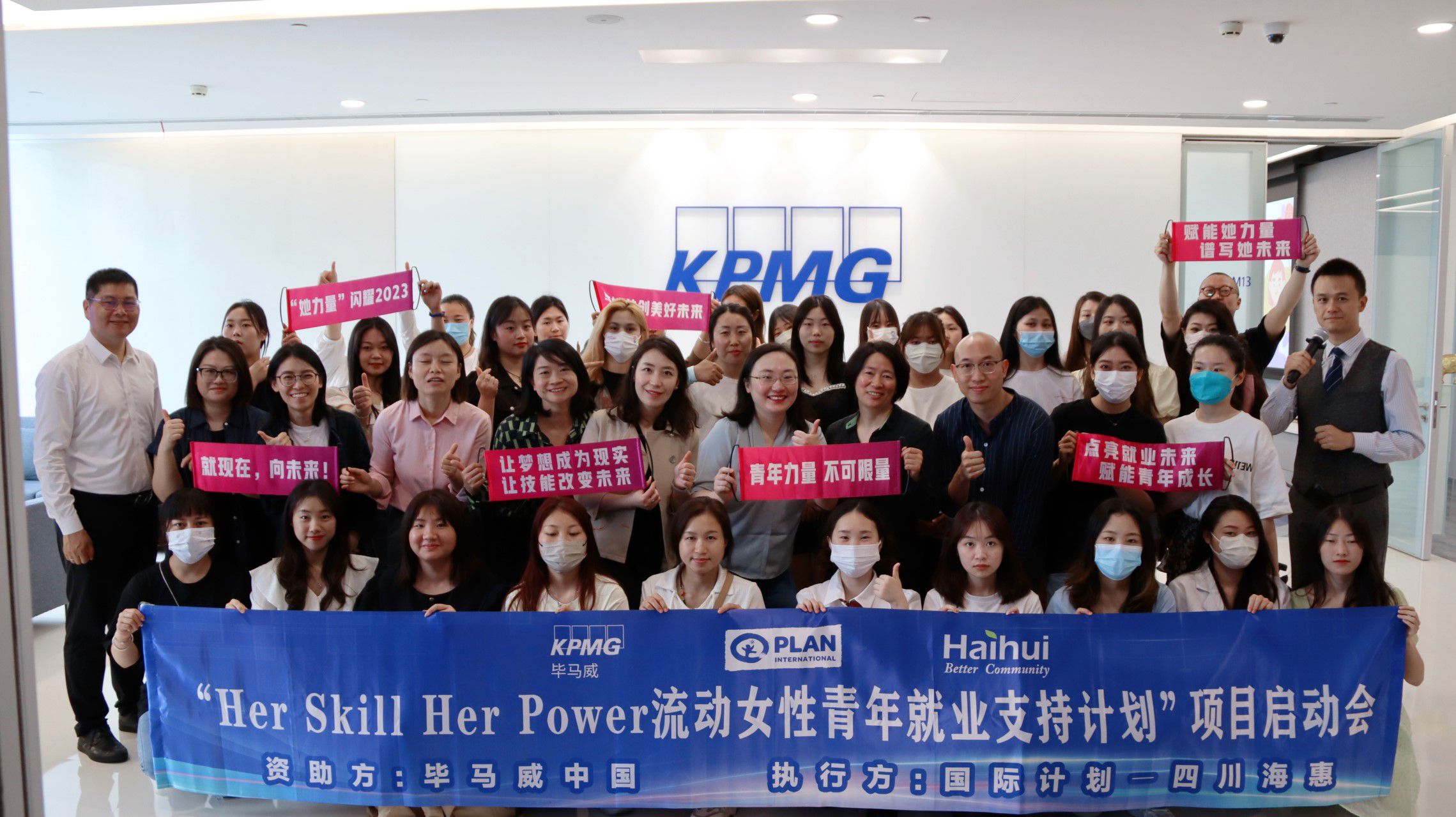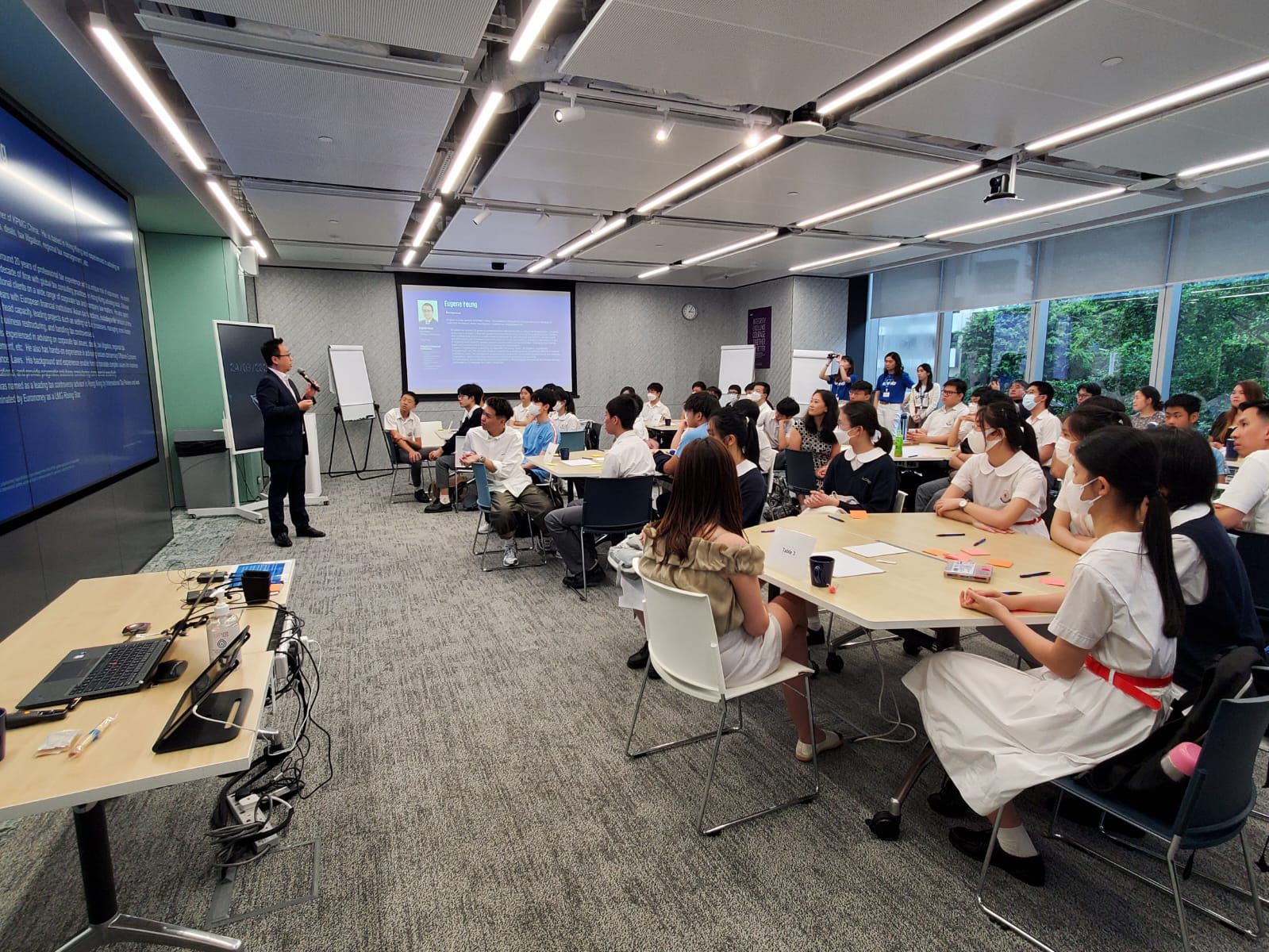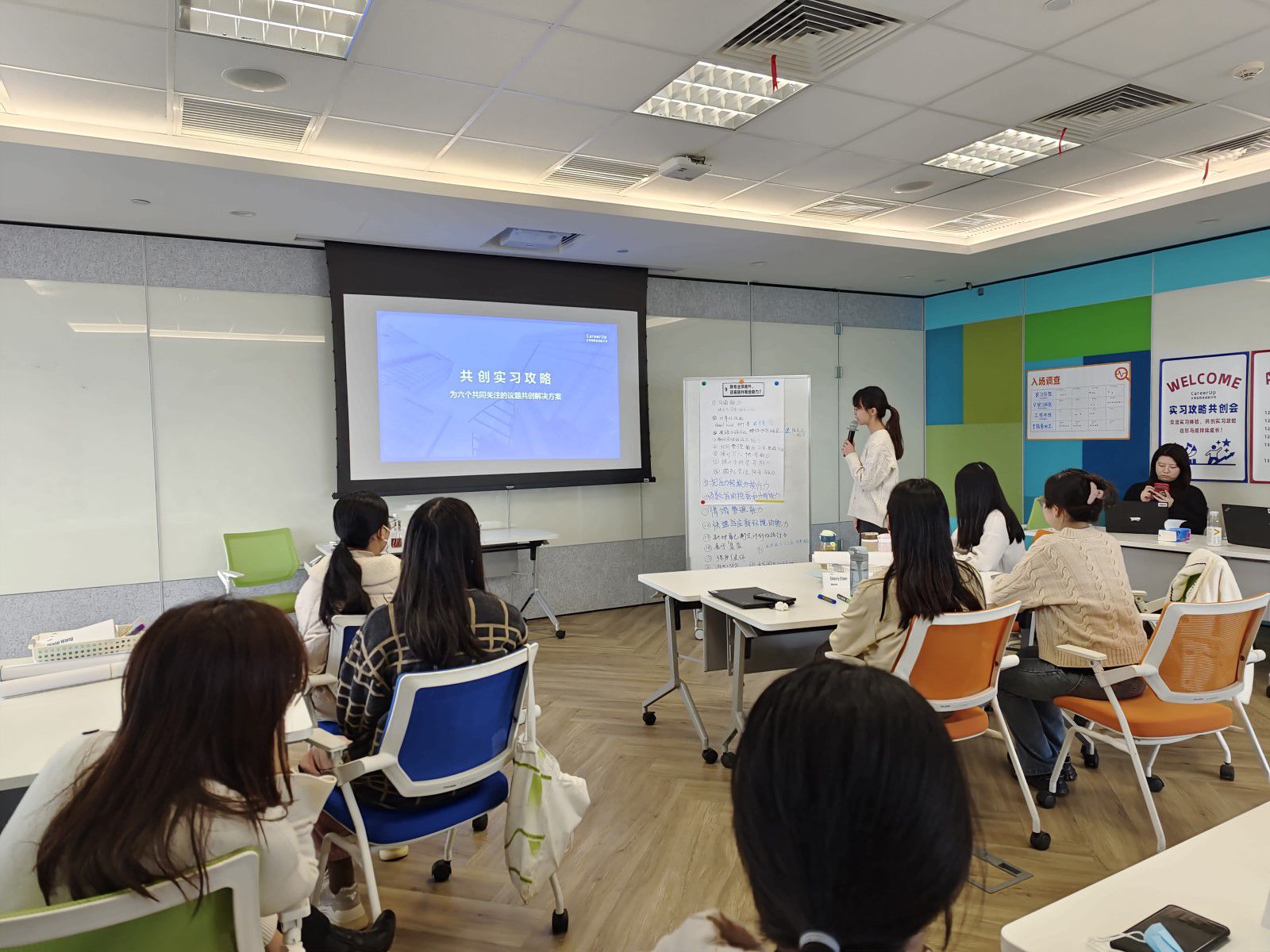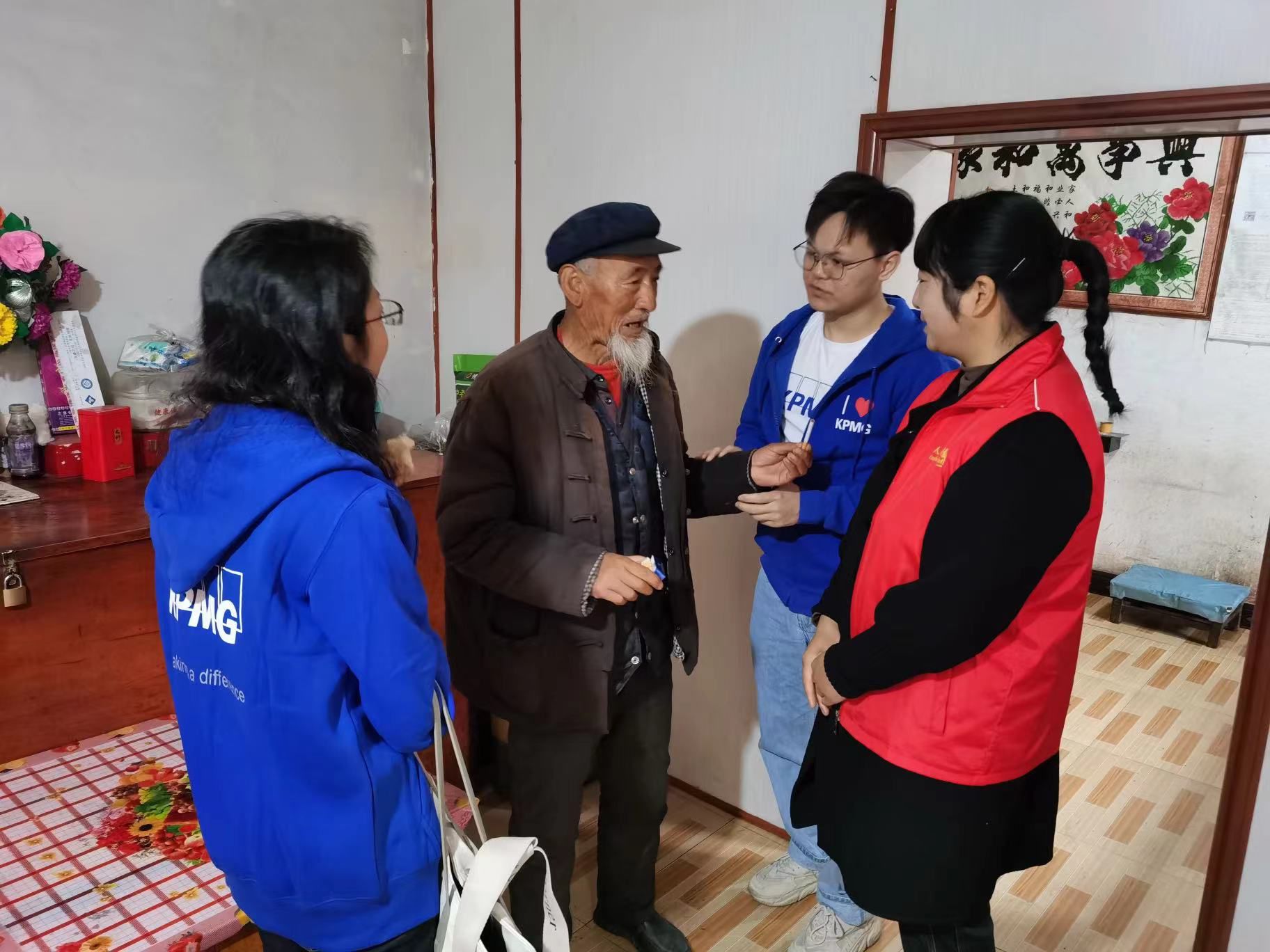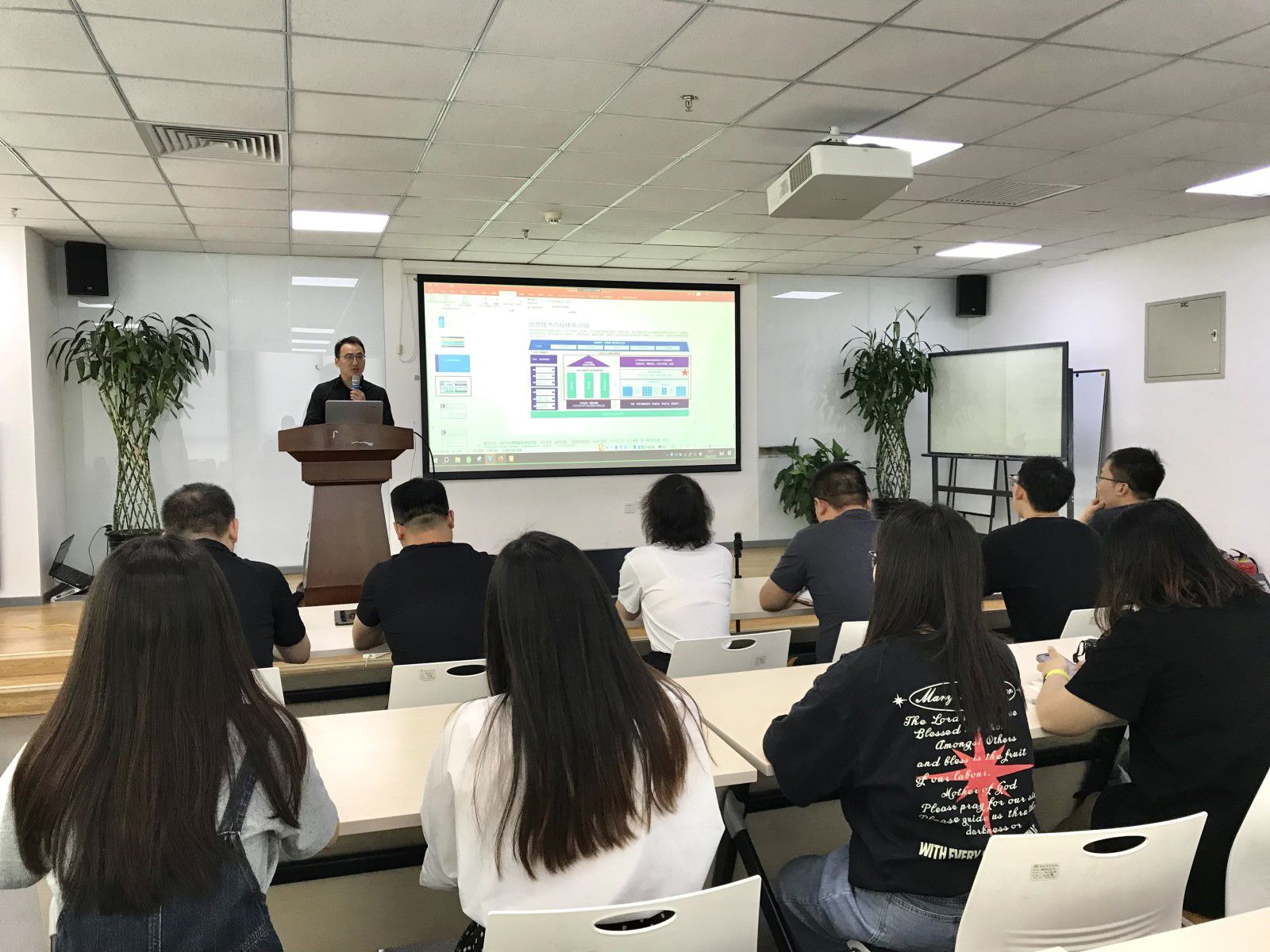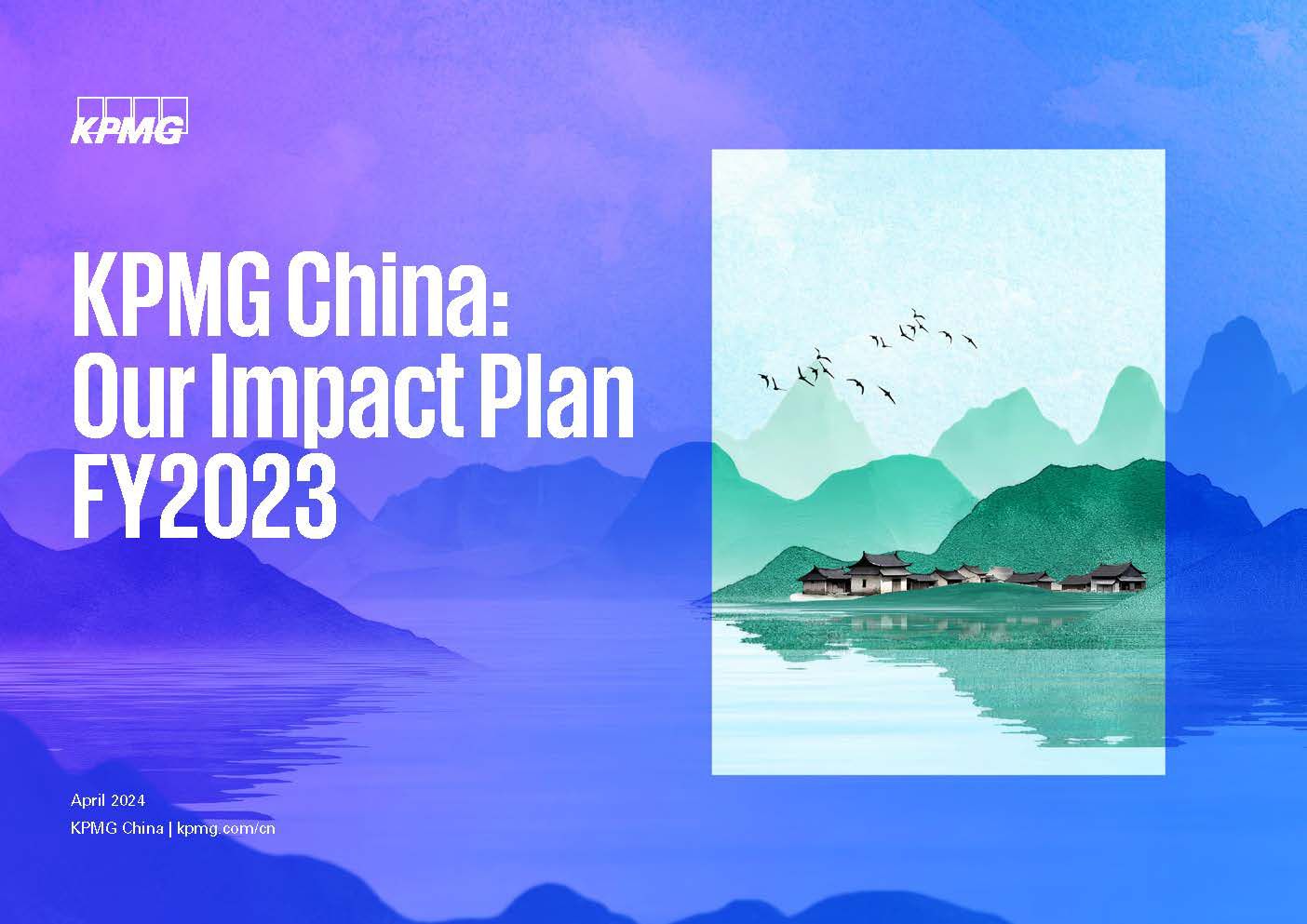Against the backdrop of a slowing global economy, China has been shifting its economic focus towards domestic growth and harnessing a ‘dual circulation’ development model in which domestic demand plays a dominant role, while remaining open to the international economy. KPMG China continues to be optimistic about China’s economic future while growing our business in China in an effort to contribute to high-quality development.
2023 marked the first year in which the spirit of the 20th National Congress was implemented, as well as a critical year for the 14th Five-Year Plan for National Economic and Social Development and the Long-Range Objectives through the Year 2035. Going forward, KPMG China will focus on honing our professional skills so that the firm can better integrate into the national development plan, contribute to the country’s modernisation and offer support for the great rejuvenation of the Chinese nation.
Keeping pace with the times and providing support for development
- Starry Lee, consultant of KPMG China, and Peter Kung, former vice chairman of KPMG China, attended the annual plenary sessions of the National People's Congress (NPC) and Chinese People‘s Political Consultative Conference (CPPCC) (the ‘Two Sessions’), serving as a deputy to the NPC and as a member of the national committee of the CPPCC, respectively. Starry and Peter participated in discussions and provided recommendations on important topics, including talent development, tax reform, and the development of the GBA. In addition, during the local Two Sessions, nearly 30 professionals from KPMG China served as deputies to the People’s Congress and as members of CPPCC committees. In their capacities, they had the opportunity to provide advice on issues related to high-quality economic development in various regions.
- KPMG China carefully studied the spirit of the Two Sessions and issued the Takeaways from China’s 2023 Two Sessions report, which provided a detailed interpretation of the 2023 Government Work Report and the Two Sessions. In addition, several KPMG China partners provided analysis and insights on hot topics from the Two Sessions, which generated attention from the media.
Party building in celebration of the 20th National Congress
To celebrate the 20th National Congress of the Communist Party of China and study its spirit, KPMG China organised 630 Party members from 27 Party organisations to watch the opening session of the 20th National Congress and listen to the report delivered by President Xi Jinping on behalf of the 19th Central Committee of the Communist Party of China.
KPMG China organised an array of Party building activities to celebrate the 20th National Congress in various offices in China, emphasising our strong determination in this journey of a new era. In these activities, Party members and cadres were encouraged to remain true to their original aspiration and mission, and to communicate the spirit of the 20th National Congress to others.
Contributing to China’s Regional Coordination Strategy – Creating business and employment opportunities
In FY23, KPMG China continued to pursue our regional penetration strategy, setting up a new office in Wuxi, and establishing the KPMG Delivery Centre (KDC) in Chengdu. These office openings expanded the firm’s presence to 31 cities across China, with a total workforce of 14,775 people, among which 2,913 were new hires (as of 30 September 2023).
We believe this expansion will not only help to foster a local talent pool and boost the local economy, but also help to strengthen our relationship with local governments, regulators and clients, driving high-quality development in local markets collaboratively.
Driving high-quality development in the GBA – Setting up the GBA Strategy and Development Office
The GBA is a key area in the country’s national strategy and one of the most open and economically vibrant regions in China. In recent years, as the GBA strategy has made steady progress, Guangdong, Hong Kong SAR and Macao SAR have become increasingly integrated in terms of infrastructure, institutions and rules, and cultures.
With its rich heritage, unique advantages and economic strengths, the GBA has huge potential for further development.
To support this critical national strategy, KPMG China set up the GBA Strategy and Development Office in FY23. Our goal is to leverage our professional advantages to serve as a think-tank for the GBA and support the region’s high-quality development.
Driving high-quality development through technological Innovation
Innovation drives development and shapes the future. The report to the 20th National Congress of the Communist Party of China underscores the significance of science and technology as China’s primary productive forces, outlining the nation’s dedication to exploring new realms of development and fostering new growth drivers and strengths.
With the accelerating trend of innovation-driven development in China, KPMG China has been guiding our clients to adapt to development trends, helping them navigate new challenges and facilitating their digital transformation journey.
Our digital transformation team is made up of multi-functional professionals specialising in various fields, including KPMG Lighthouse, digital enablement, digital operations, deal advisory, and people and change consulting. Through our professional teams and technological services, we empower our clients to pursue business transformation and create shared value.

KPMG’s Yushu ESG platform and Climate IQ digitally empower corporate ESG practices
In December 2022, KPMG China launched the Yushu ESG platform which transforms ESG information management. This innovative platform replaces traditional, inefficient manual data collection models with modern management and digital statistical tools. Its primary goal is to fulfil our client’s needs for effective ESG data management and information disclosure.
We also launched another ESG-related digital product named Climate IQ, which is a marketleading platform for managing climate risks. It applies modelling techniques to help companies identify, quantify and manage climate risks and opportunities while meeting regulatory requirements for financial disclosures and auditing standards.
Lighthouse
KPMG Lighthouse integrates cutting-edge technologies with sector expertise. It also serves as our centre of excellence for data analytics and artificial intelligence (AI), offering targeted and practical solutions to accelerate innovation and business growth.
KPMG Digital Ignition Centre (KDi 2.0)
Since its launch in 2017, KDi 1.0 has been delivering strong results and driving the growth of the firm’s technology consulting services. To support KPMG’s Advisory- Implementation-Operation (AIO) business model, we are upgrading the KDi 1.0 model to KDi 2.0, which is scheduled for launch in 2024. In the KDI 2.0 concept, we focus on the role played by KPMG professionals in engagements and provide them with a clearer roadmap for development. The new model will help us to deliver quality professional services in a more effective way.
China Alliance Strategy
KPMG China has been strengthening long-term relationships with leading technology companies, such as Microsoft, IBM China, Tencent, Kingdee and Laiye, as key alliance partners. By collaborating with these partners, we strengthen our technology ecosystem, pursue technological innovation, and provide more professional and efficient services to clients.
“KPMG China steadfastly supports the country’s rural revitalisation efforts, aiming to foster liveable and thriving villages, and advancing prosperity through high-quality development. Through the careful implementation of our corporate social responsibility strategies, we bolster rural revitalisation by supporting rural organisations, nurturing talent and preserving the environment. In doing so, we are also contributing to China’s great rejuvenation. “
As part of our efforts to serve as a responsible corporate citizen, KPMG China is actively working to address the issues of carbon neutrality, rural revitalisation and high qualitydevelopment. In line with the KPMG Value – For Better, we are leveraging our own resources and capabilities to provide innovative solutions in addressing social and environmental needs and playing our part in building a harmonious society.

Corporate social responsibility (CSR) strategy
At KPMG China, our CSR strategy focuses on three key areas – Advancing Sustainability, Lifelong Learning and Promoting Inclusive Development. We aim to deploy our professional capabilities and resources in collaboration with non-profit organisations (NPOs) to narrow inequality, tackle climate challenges and build trust within our communities.
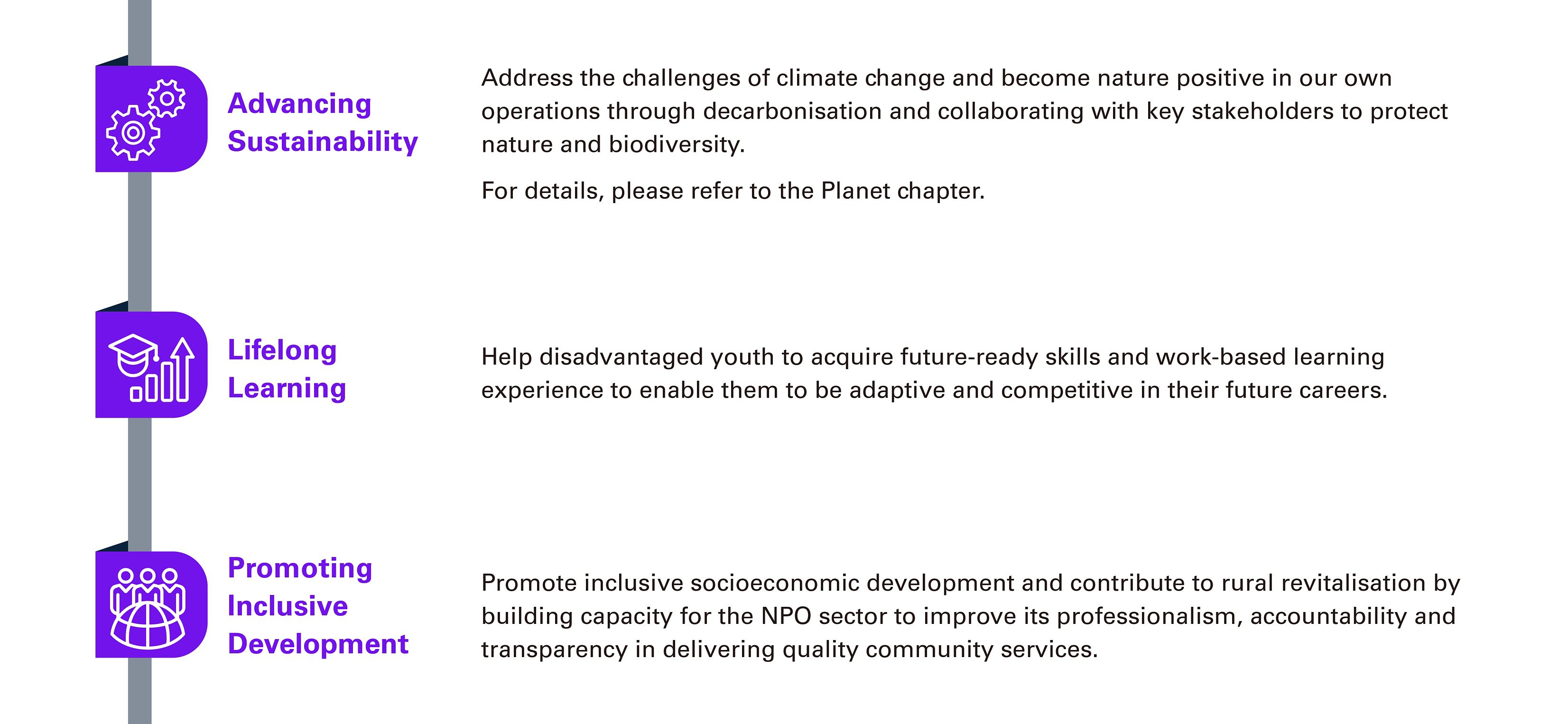
KPMG’s global 10by30 strategy
To help economically empower 10 million underprivileged young people by 2030 through education, employment and Entrepreneurship.
KPMG China has also further refined our education empowerment strategy to focus on equipping disadvantaged youth with future-ready skills and school-to-work transition support, fostering resilience and competitiveness in their prospective careers.
Future-ready skills training
Enhance students’ employability skills for future success in the labour market through training, mentorship and access to decent work.
School-to-work transition
Support students in their transition from school to work to better understand workplace requirements and employer expectations through CV and interview workshops, career sharing, mentorship, internships, etc.
Light the future – KPMG education for empowerment
We recognise that our people are the strongest supporters of our CSR efforts. The extensive involvement of our volunteers has been the foundation of the firm’s 10by30 strategy.
Launched in 2022, the ‘Light The Future – KPMG education for empowerment’ volunteering initiative aims to leverage our people’s professional knowledge and skills to support the 10by30 strategy and provide future-ready skills training and school-to-work transition support for underprivileged youth. Our goal is to help set them up for a brighter future.
Future-ready skills training
School-to-work transition
People of KPMG - Tina Wang
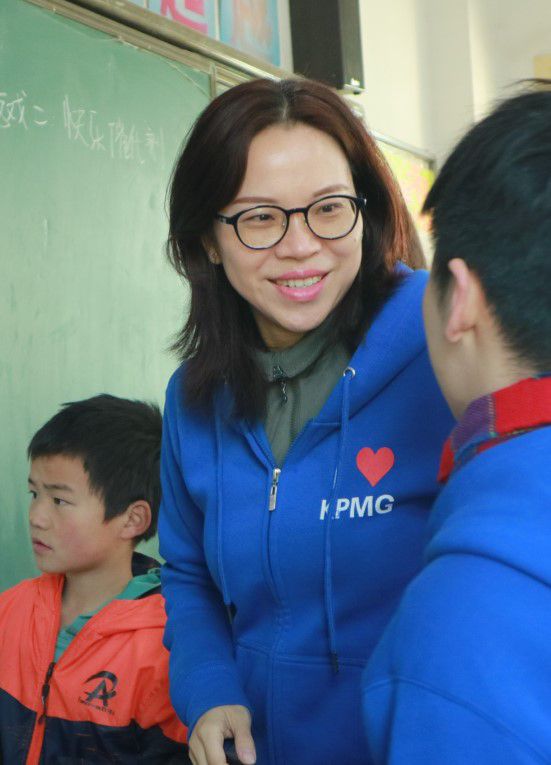
We persistently leverage our professional expertise and core competences to aid grass-roots non-profit organisations in improving their operational capabilities and the quality of their service delivery to make a meaningful contribution towards rural revitalisation.
Supporting rural revitalisation
The 20th National Congress mapped out new plans for advancing rural revitalisation and modernising agriculture, with the goal of shaping a brighter future for China in the new era.
KPMG China strives to implement the spirit of the 20th National Congress, supports the national policy of prioritising the development of agriculture and rural areas, and contributes to efforts to eliminate poverty and achieve prosperity in rural areas.
We pay close attention to the development of underserved social organisations and empower them to better serve rural development. KPMG China also takes measures to improve educational offerings for rural children and to this end we have made efforts to upgrade educational infrastructure and enhance education quality in rural areas. Meanwhile, in response to the national call to develop a beautiful countryside, we support waste management projects to improve the living environments of rural households.
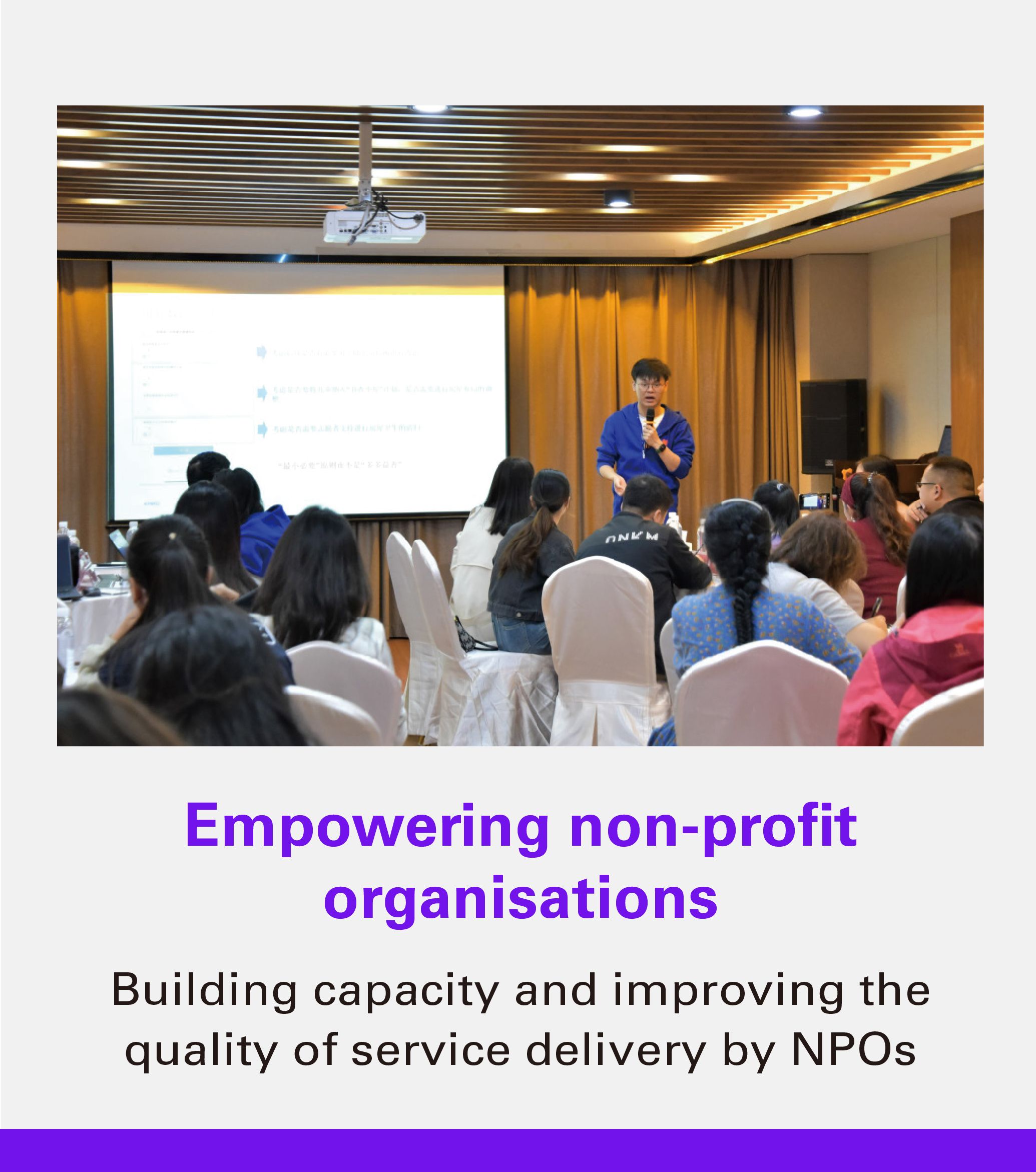
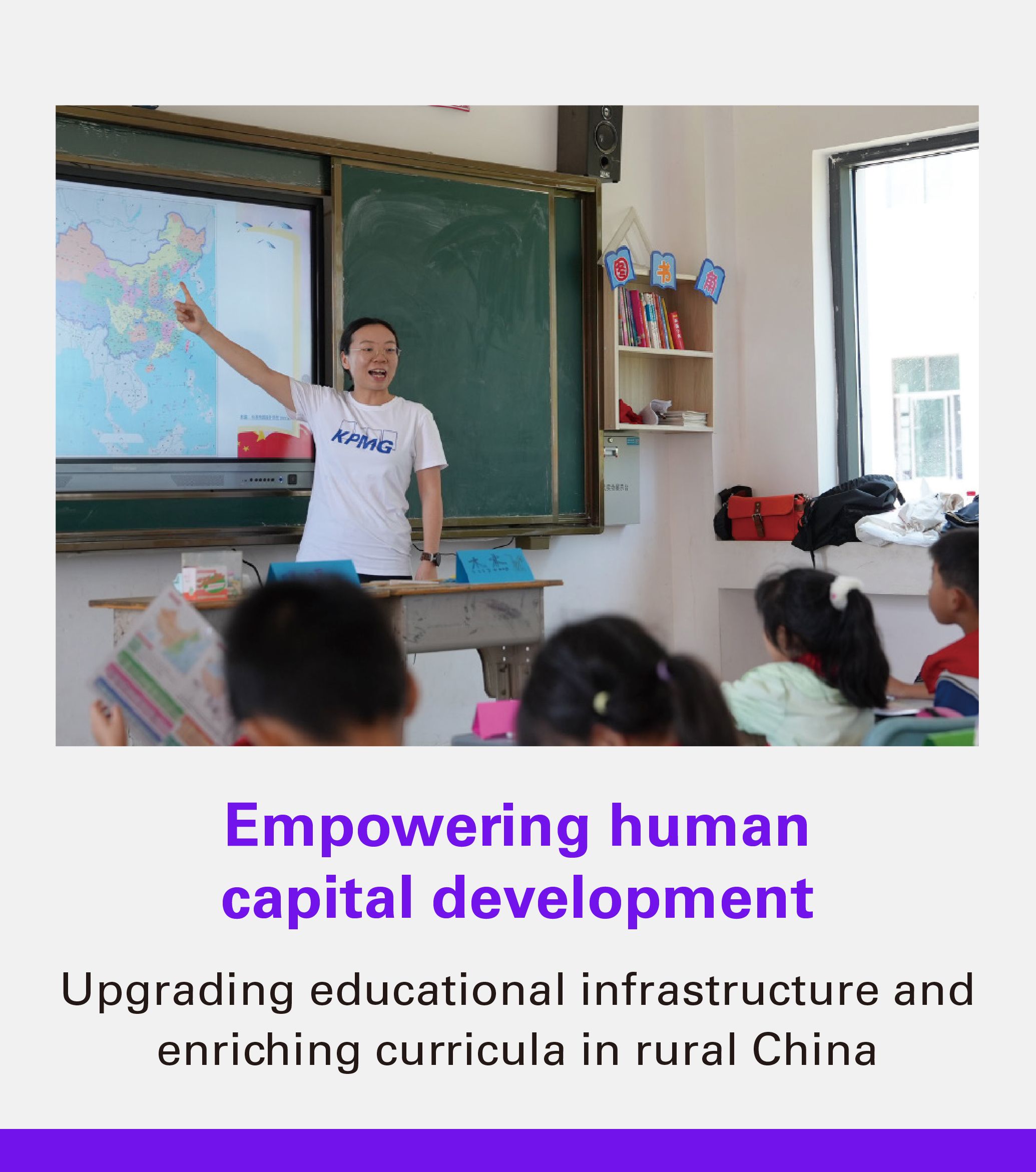
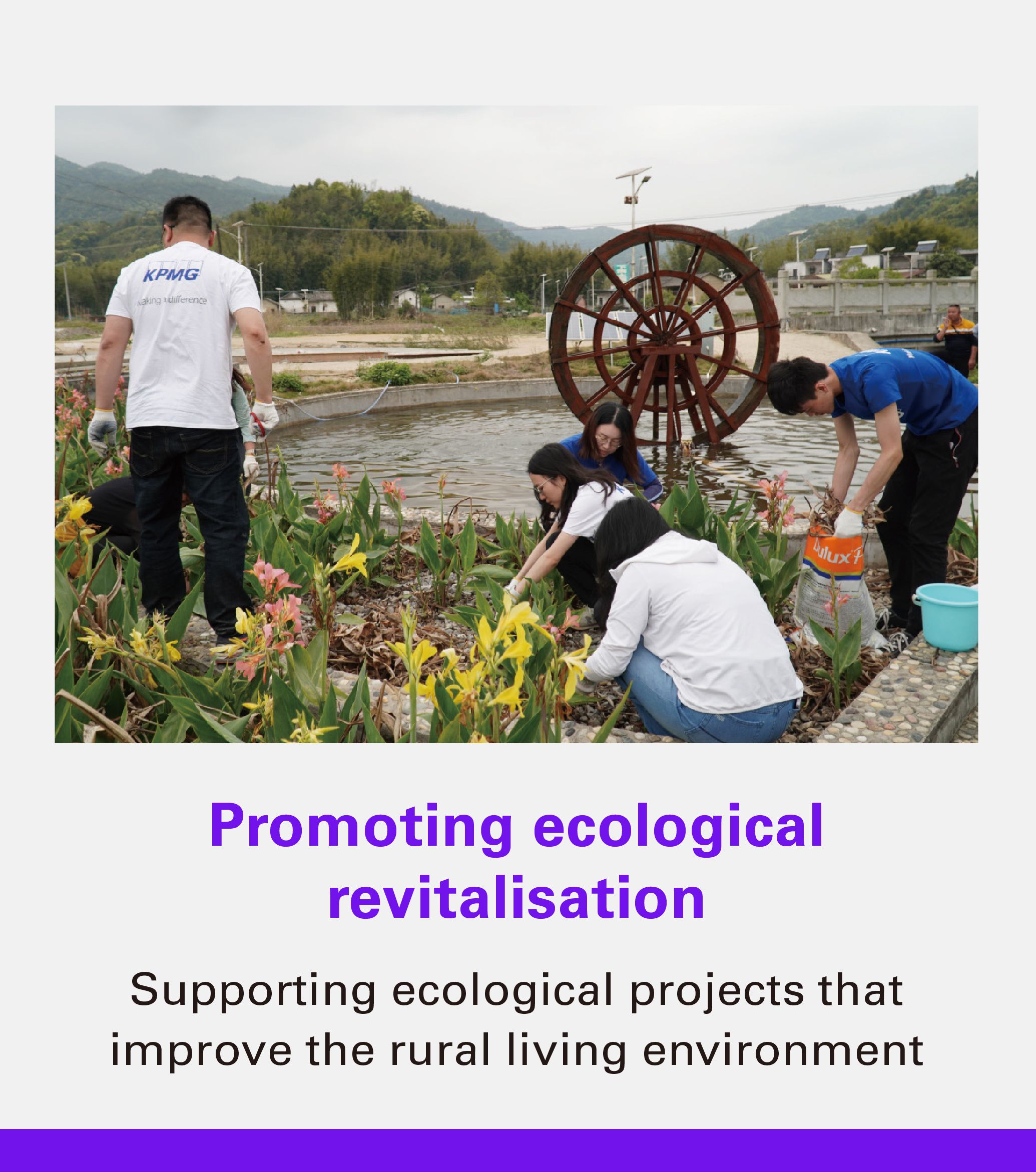
Capacity building for NPOs and social enterprises
The key to achieving rural revitalisation goes beyond undertaking poverty alleviation alone – it lies in providing people in rural areas with quality training so they have the tools to succeed. We provide training and other support for social organisations that are serving rural development to upskill their personnel and enable them to provide higher quality services.
Pro bono professional services
We are dedicated to utilising our professional expertise and skills to provide pro bono services, including pro bono audits, to NPOs. Our goal is to enhance these organisations’ capacities, assisting them to make a more significant impact in the diverse communities they serve. Through these services, we aim to generate shared value for society.

Emergency relief
KPMG China has rallied humanitarian efforts to support emergency relief and post-disaster relief efforts for disasters at home and abroad, including donating funds to support humanitarian relief efforts in the Turkey-Syria earthquake.
Donations to support flood victims
In August 2023, the Beijing-Tianjin-Hebei region suffered extreme rainfall, triggering severe flooding, disruption and damage in many areas. KPMG China closely monitored the situation and donated RMB 200,000 to the Beijing Changier Education Foundation to fund emergency relief and post-disaster clean-up work in the severely affected areas of Fangshan and Mentougou in Beijing.







